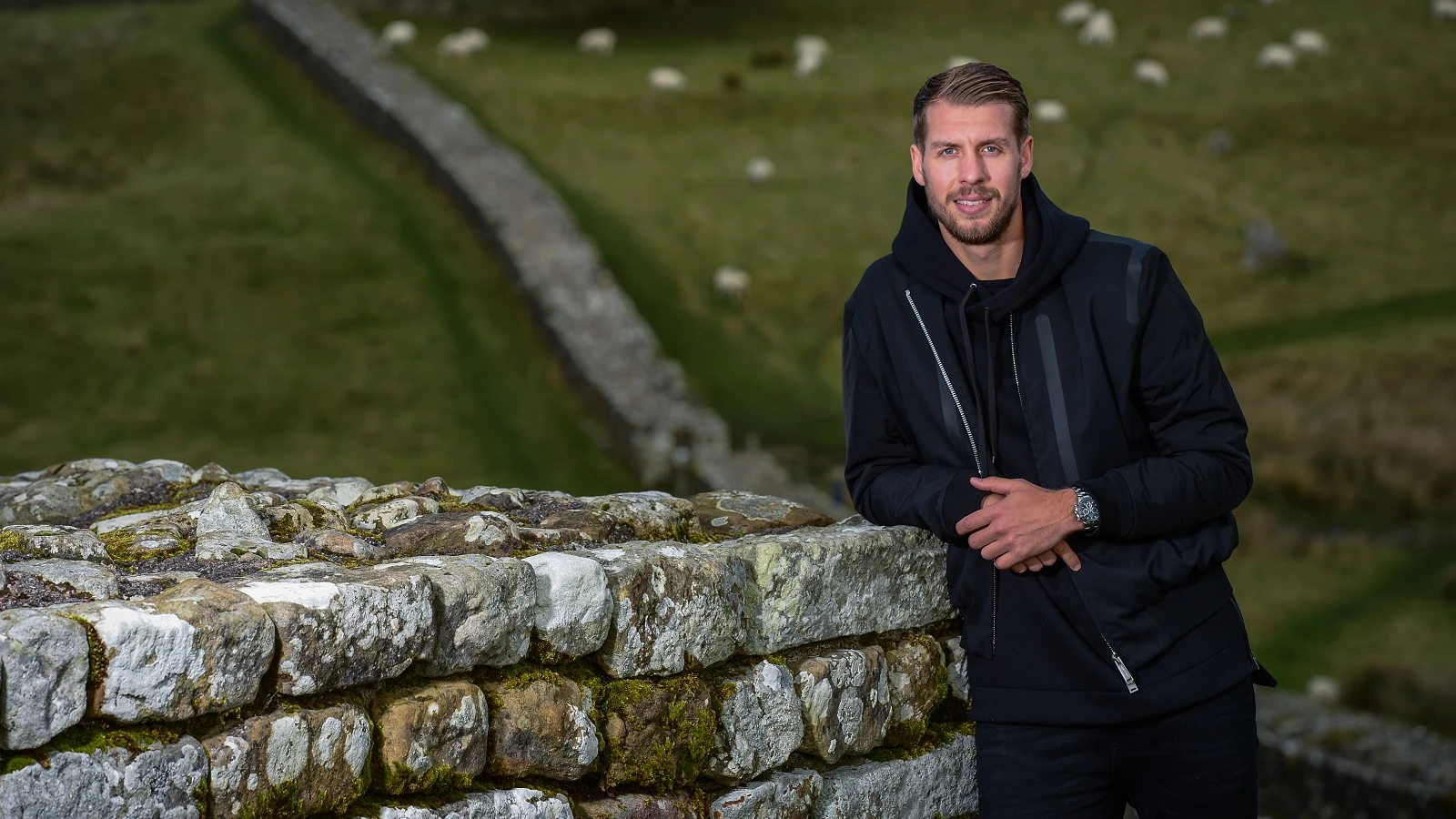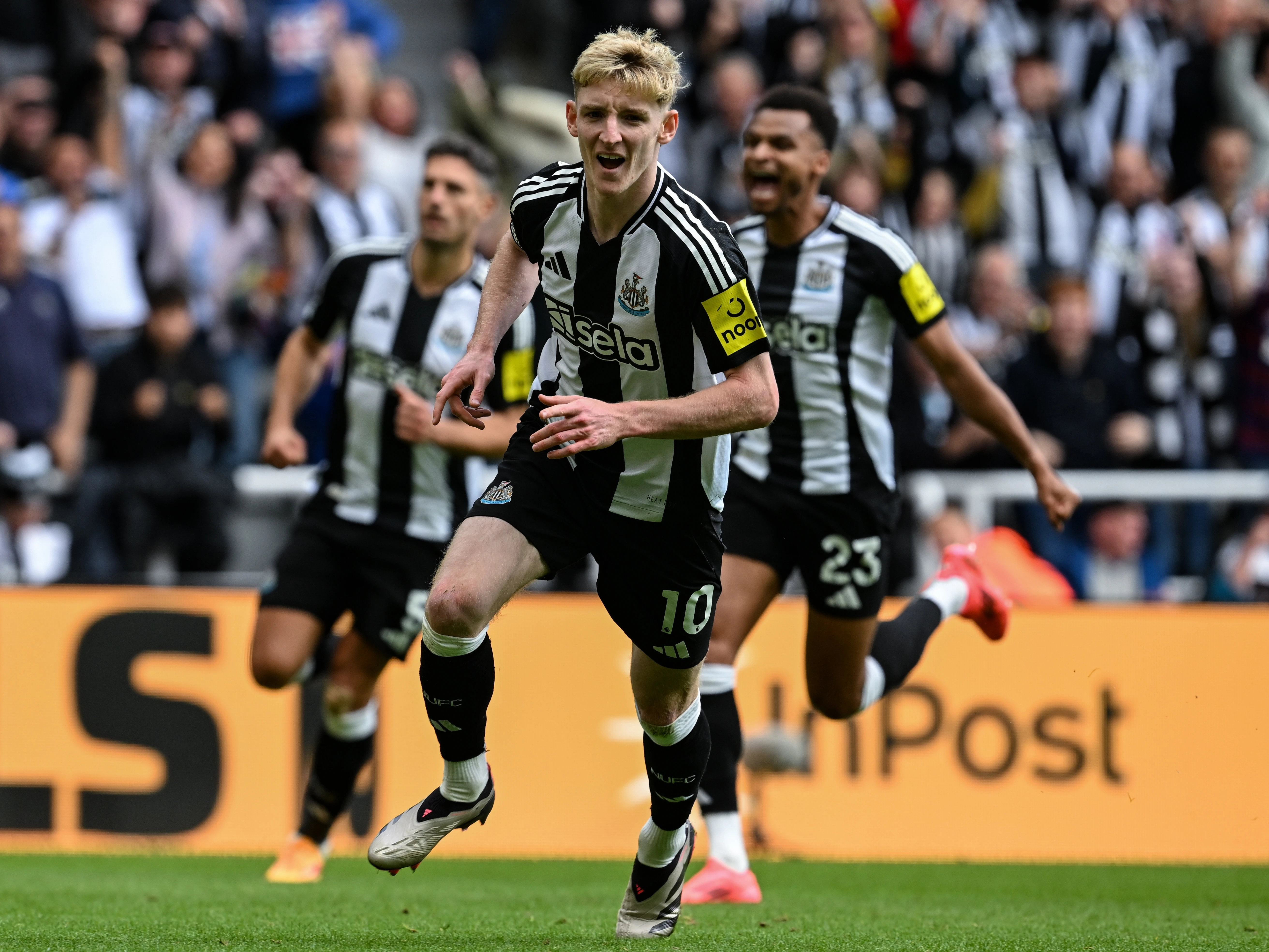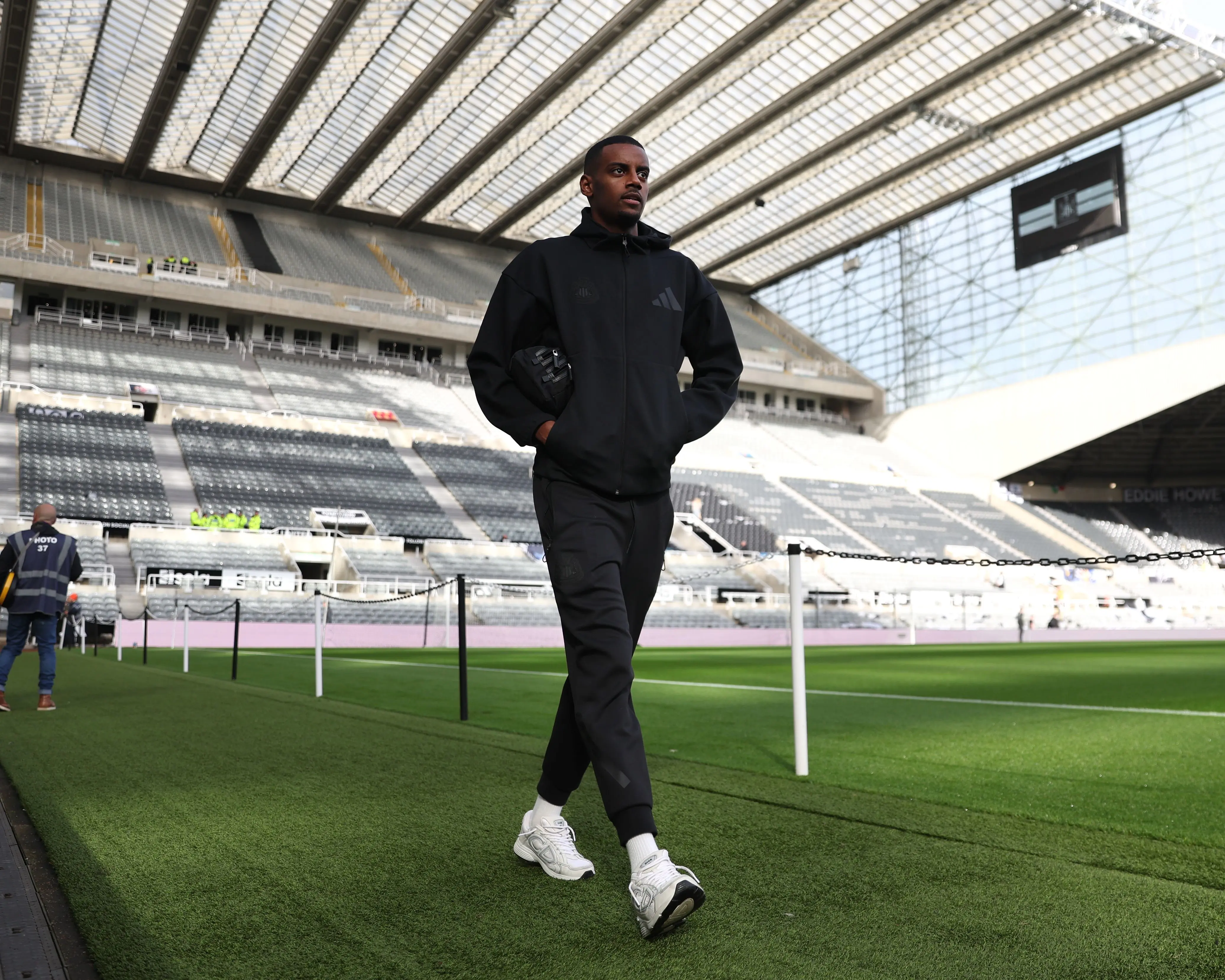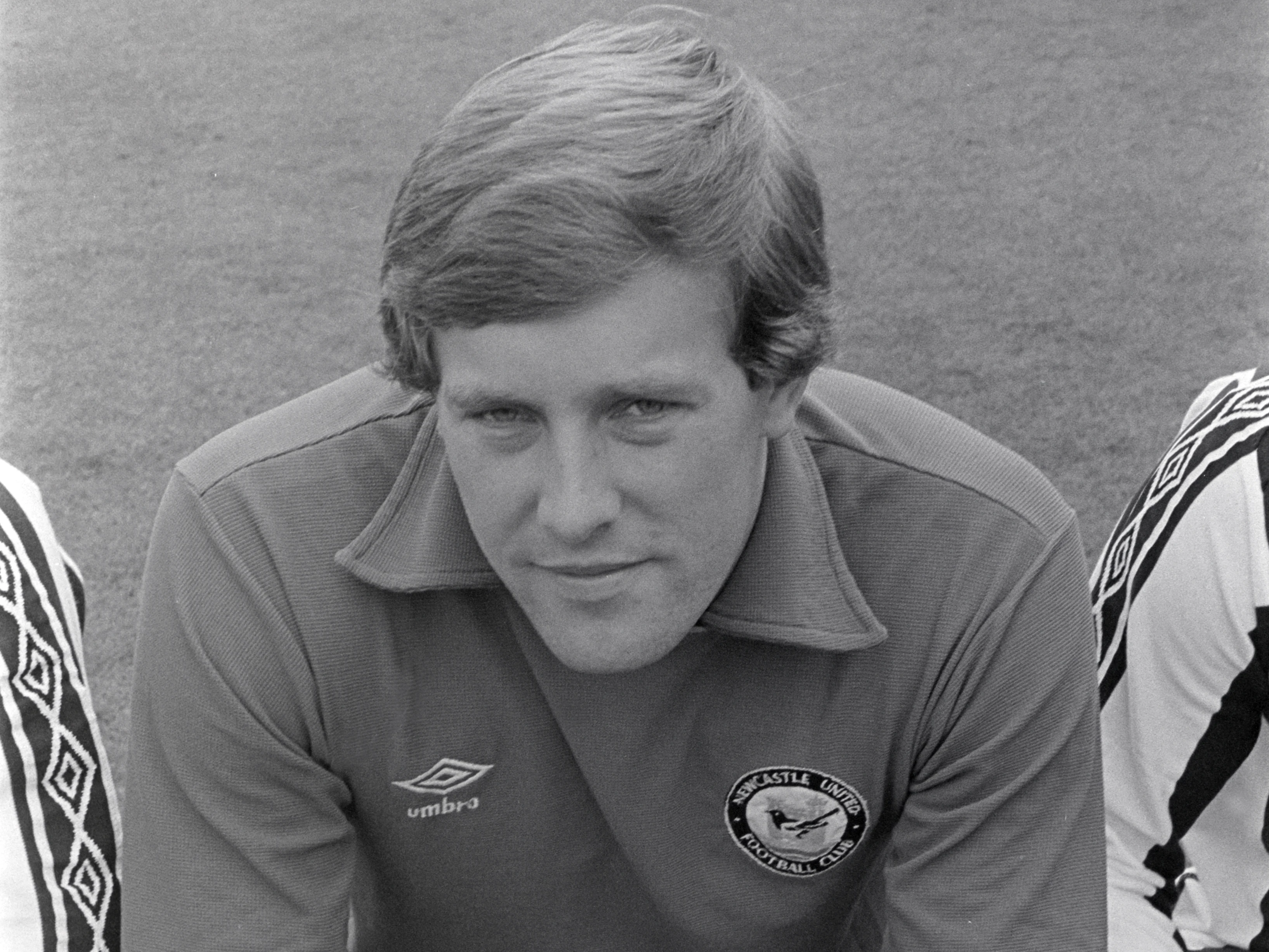“Everyone needs to visit Paris at least once in their lifetime,” Florian Lejeune smiles. “I was lucky enough to have actually been born there. I grew up on the outskirts, not the centre, but I had the chance to visit almost all of the major Parisian monuments – the Eiffel Tower, Arc de Triomphe, the Trocadéro and so on.
“Paris is a capital city and the largest city in France, there are a lot of monuments and it is historical. Newcastle is a small city compared to Paris, of course – but there is a lot around the region and the area.”
It hasn’t taken too long for the 26-year-old, a summer signing from Eibar, to acquaint himself with the north east. He enjoyed a walk along Hadrian’s Wall not long after his arrival at the club, and already has his next trip in mind. “I have heard people talk about Alnwick Castle and I’ve seen some photos of it, so I think it will be my next place,” he says. “I don’t know much yet, but I’ve been looking online to find some other places to see. I am happy here. It is just the weather which isn’t great!
“I am here with my girlfriend and we really like to go and visit places. We love to discover the region and the country each time we are in a place.”
It afforded the young centre half a view from afar of the cosseted culture at professional academies. Now, as a Premier League footballer, he can appreciate the benefits of taking the road less travelled to the top.
“I have a background which is different to a lot of footballers, as I did not have the chance to go to a training centre,” he explains. “I didn’t go to an official training centre, but that is why I succeeded – I had the mental strength to say I could succeed. I played with many clubs, met many managers and I think this experience is what really made me, and gave me my strength.
“The chance I had was to have a really normal childhood, with my friends and family, and grow up normally – not be closed in a training centre, with only footballers and talking only about football. I could grow up normally, and later on this helped me as I was able to really make the most of my youth.”
Lejeune eventually became a professional with Istres in 2009, representing his country at under-20 level, before making his first move abroad two years later. He joined Villarreal, a team in transition at that stage but still possessing players of the ilk of Marcos Senna, a European Championship winner, along with Borja Valero, Diego López and one-time Magpie Giuseppe Rossi.
“When I arrived at Villarreal my plan was in the first season to play in the B team, and little by little, if all went well I hoped to eventually break into the first team,” he recalls. “My first season went really well. I got to train with the first team, with the likes of Senna and (Carlos) Marchena. At the beginning that was really weird, but as you trained with them you would get used to it and could not help but learn a lot from them.
“At the start it was really hard, as it was just after my arrival and I didn’t speak the language, even if the players and staff did everything to welcome me. But in the second half of the season, things got better – I could speak more of the language, felt better and being called up to the first team a few times helped me even further.”
With opportunities limited, Lejeune made the switch to Segunda División Girona, via a loan spell at Brest. For him, it was ‘a really important step in my career’ – the ‘turning point’, at ‘a club which allowed me to express myself’.
But his next move was perhaps the most intriguing of all. In August 2015, Lejeune signed for Manchester City. There was little fanfare; a quick, refined online search for official confirmation from City, or the traditional posed photos with his new club’s shirt, finds nothing. Upon arrival, he was immediately loaned back to the Catalonian side.
“It was after the end of the season in Girona. I received an offer to go there. I wasn’t sure if it was actually true or not,” he says, reflecting on the move. “It was crazy to get an offer from such a big club. I looked at the options and in the end the director of football from City, Txiki Begiristain, contacted me and I saw he was honest with me. So, I decided to go and sign for City.
“It was a long process, but it went through and I signed at the end of the transfer window. I know there were some issues between Girona and City but I said ‘why not take this chance to sign for such a big club as City?’ And then they used me as a loan player.
“It may seem strange, and it was also a little strange for me. But as I said, my career has had highs and lows.
“When City came in for me, one year earlier I had spent a season without playing, Villarreal didn’t want me and nobody seemed to want me. Then I saw City come in and when you hear that name, it’s a big club and if you have been through a difficult time, you make the most of that sort of situation.”
It was, as Lejeune described it after signing for Newcastle, a ‘strange relationship’. Just a few months ago, two years on from his switch to the Etihad, City Football Group – Manchester City’s parent company – acquired a 44.3 per cent stake in Girona.
But his loan spell back in Spain was a success. He was crowned the best defender in Spain’s top three tiers in the summer of 2016, earning a permanent move from City to Eibar. “In two years, they had made me three offers. And the last one was the best, and they insisted for me to really go for them,” he says, admitting he was quick to check the fixture list, eager to throw himself into battle with Lionel Messi, Cristiano Ronaldo, Gareth Bale and Karim Benzema.
“It was a small club who really had a lot of ambition to become more stable. Everyone was telling me they would go down. After the first offer had been made I really started to follow them, and watched out for all of their results.
“The club really insisted to have me and made me feel important – the manager wanted me and that really counted for me. I had a great season, and only have happy memories from my time there.”
One year into a three-year deal, Rafa Benítez came calling. Lejeune’s debut, though, didn’t go to plan. The robust nature of English football holds no fear for the powerful stopper, but there is some residual anger at the challenge which forced him off just over half an hour into the campaign.
“It is physical for sure; but sometimes players do silly things too. And I think it was a silly tackle by the player. I didn’t understand it,” he asserts. Harry Kane’s scything lunge put him out of action for a month; it was deemed worthy of only a yellow card by Andre Marriner.
“I never received any apology for the tackle. Regardless of the team or player, it is important to punish such tackles. And then you see a similar tackle a week later and it is punished by red. But that is football. Do you need to wait until a player breaks a leg to do something about it?”
His first start since suffering ankle ligament damage came in last month’s 2-2 draw at St. Mary’s. “I think that, on the whole, I have been solid in games. After two months off I am relatively happy. Against Southampton I was good despite giving away a penalty. I made a mistake due to a lack of rhythm and fitness, and being slightly off the pace. And of course, I wanted to defend well, and perhaps tried a little too hard which made me make this mistake.
“But against Palace, I think I was better. I felt better on the pitch and was physically better too. So for the time being, I am very happy, and will get better.”
Gradually, he’s picking up the language too. Having a number of French and Spanish players has helped him in his first few months, as has watching television. “It’s going OK. Little by little I am understanding more. It was really tough at the start as I didn’t have anything, so I am trying to take it all in.
“As you hear people talking, you try and take it in like a sponge. I watch TV with subtitles and I listen as much as I can, and little by little, it will come. It may take a little time, but I am working on it. Perhaps I was a little better in Spanish, but I am working hard on the English. With each English class I am beginning to really feel at ease.”
He has only had a few chances to line up at St. James’ Park so far, but could get another this afternoon. The loyalty and volume of the support has impressed him. “And I am sure it was thanks to them,” he offers, “that we managed to score towards the end of the game against Palace.”
Lejeune is currently keeping a seasoned international, Ciaran Clark, on the sidelines. This summer, Benítez asked him if he had ambitions beyond club football.
“Of course it is in the back of my mind, even if I have never played for them yet,” he says of the prospect of representing Les Bleus.
“My progress is good, and I am here at a big club in Newcastle with a great manager who also asked me what my ambitions were and posed the same question. I told him I’d love to play for France.
“And so if I want to do that, I need to do better things in training and in games – I need to do well for my club. But for me, at present, the most important thing is to start for Newcastle and to put in good performances for the team.”
His career may not have followed the most traditional of trails, and it’s been a long journey from the footballing outposts of France. Now that he’s here, Lejeune seems desperate to make the most of it.
“I’m always learning and will certainly continue to do so,” he adds. “Now I can say I am playing at a level where I can be very proud, and if I really want to kick on and go further, I am in the very best place to do that.”




